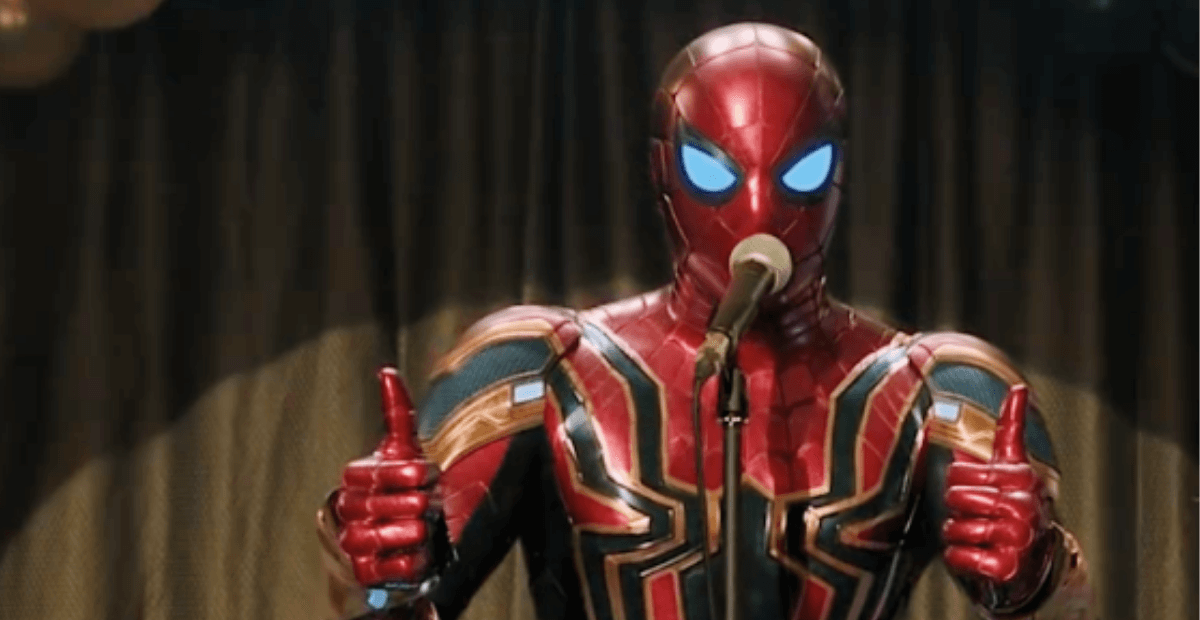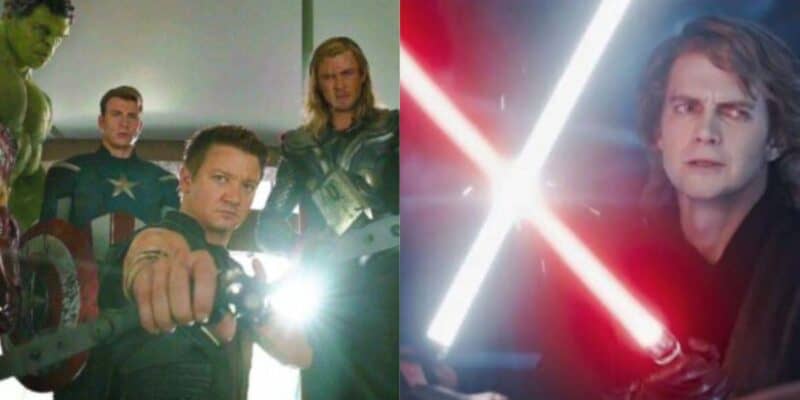It feels like Disney just flipped the switch on the two biggest fandoms of our lifetime. For decades, Marvel and Star Wars defined blockbuster cinema, spawning entire universes of heroes, villains, Jedi, and Sith. But those days are slipping away fast. Disney’s latest moves show that the franchises we once adored are being reshaped beyond recognition.
For fans who grew up on Luke Skywalker’s hero’s journey or Iron Man’s smug brilliance, it’s hard to imagine these worlds without that same magic. But the reality is here: Marvel and Star Wars will never again look like the franchises that dominated the past twenty years.

The Legacy of Star Wars and Marvel
Before things began to stumble, both series carried nearly flawless reputations. Star Wars was the ultimate space opera, a cultural phenomenon spanning generations. From the original trilogy in the late ’70s and early ’80s, to the prequels in the late ’90s and early 2000s, the saga created lifelong fans who wanted to pass it down to their kids. Marvel, meanwhile, built a cinematic empire.
The MCU started in 2008 with Iron Man, and it became a blueprint for shared universes, culminating in the once-in-a-lifetime success of Avengers: Endgame in 2019.

But every empire faces decline. While financially successful, the Rey/Kylo trilogy split the Star Wars fandom down the middle. Many older fans dismissed it as hollow compared to George Lucas’s vision.
The cracks became impossible to ignore on the Marvel side after Doctor Strange in the Multiverse of Madness, Ant-Man and the Wasp: Quantumania, and The Marvels underwhelmed critically and commercially. These films weren’t disasters in the traditional sense, but they lacked the punch that once made Marvel an unstoppable machine.

A Long Journey Across Generations
What makes this moment so jarring is how long these franchises have been part of our lives. Some fans have been following Star Wars since 1977. Others grew up watching Tobey Maguire’s Spider-Man or Robert Downey Jr.’s Tony Stark. These stories shaped childhoods, inspired careers, and became family traditions.
But it’s no longer about nostalgia. Disney’s leadership is focused on keeping these properties alive for younger audiences. That means pivoting away from what older generations knew and loved. Gen Z is the new target—audiences who live on TikTok, quote memes as second nature, and have different expectations of what’s “fun” or “relatable.”
As painful as it is for longtime fans, this is the natural evolution of franchises that span decades. Just as the prequels brought in a wave of younger Star Wars fans in the early 2000s, today’s Marvel and Star Wars projects will likely lean into humor, cultural references, and characters who mirror Gen Z sensibilities.

What the Future Could Look Like
We’ve already seen hints of what’s coming. Remember when Thor played Fortnite in Avengers: Endgame? That was just the beginning. For many fans, it was a groan-worthy moment—proof that Marvel was willing to break the immersion of its universe just to get a laugh or a nod from younger audiences.
Now imagine more of that becoming the norm. The MCU may double down on heroes like Tom Holland’s Spider-Man: light-hearted, awkward, and undeniably younger in tone. Gone could be the days of grizzled veterans like Tony Stark or Steve Rogers anchoring the franchise.

Instead, expect TikTok-style jokes, self-aware banter, and storylines that cater less to epic gravitas and more to short attention spans.
And Star Wars? The galaxy far, far away isn’t immune either. Disney could lean harder into quirky side characters, comedic relief, and youthful story arcs. Picture a generation of Jedi more likely to crack jokes mid-battle than wrestle with morality.
While that may appeal to new fans, it risks alienating the audience who first fell in love with the saga’s mythic, almost Shakespearean weight.

A Fandom Forever Changed
It’s worth pausing to acknowledge what’s at stake here. These franchises aren’t just movies—they’re cultural touchstones. They inspired kids to dream, to pick up comic books or lightsabers, to feel part of something larger than themselves. Seeing them shift so dramatically feels like losing an old friend.
At the same time, maybe this is simply the cycle of fandom. Every generation reinterprets stories differently. What feels cringeworthy to one group can be endearing to another. Gen Z may embrace the awkward humor, social media-style banter, and lighter tones. For them, this could be the golden age.

Brace for a New Reality
The Marvel and Star Wars you grew up with are gone. Disney isn’t trying to bring them back—it’s trying to rewire them for a new audience. That means more moments like Thor playing Fortnite, more awkwardly youthful heroes, and a galaxy that looks far different than the one you remember.
For longtime fans, that’s a tough pill to swallow. But for Disney, it’s a survival strategy. Fresh generations mean fresh revenue, and the company is betting big that Gen Z will carry these stories into the future.
So prepare yourself. Whether you’re ready or not, a whole new fandom is on the horizon—and Marvel and Star Wars will never be the same.
